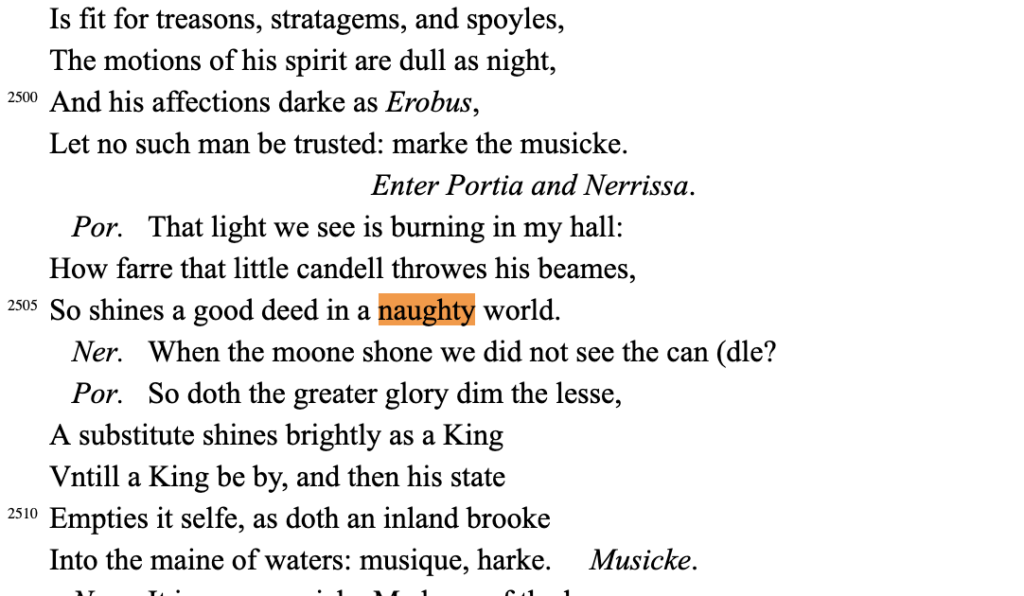Maybe the book was better?
I first referenced Daisy Ridley’s Ophelia back in May 2017. I never expected it to be great, but I always hold out hope. I think it’s important for Shakespeare Geeks to support projects like this and let the studios know that the Shakespeare Universe has plenty of opportunity for story telling of many sorts. How else will we ever get another Rosencrantz and Guildenstern Are Dead?
Unfortunately it wasn’t worth the wait. Ophelia joins a very small list for me – namely, the list of Shakespeare movies I literally can not finish.
One of them is Anonymous, the piece of garbage that came out some years back arguing for the Earl of Oxford as the rightful author. I love the part where he wrote Midsummer Night’s Dream at 6 years old Moving on.
Another is the 2013 Romeo and Juliet starring Hailee Steinfeld. This one had me tying myself to the chair just to finish the trailer. Let’s just say that I was done when I realized that it opens with Mercutio winning a joust. Huh? Exactly. I didn’t even get to the awkwardness of 14yr old Juliet crawling around the bed trying to look sexy.
And now we have Ophelia. It’s based on a young adult novel so I suppose we can give it some leeway for being one step removed from the original material. But…still. Gertrude in this one is obsessed with remaining young and beautiful. We know this because she confides in Ophelia, who is her preferred confidante, because Ophelia knows how to read. Gertrude appears to be using some sort of magic potion to retain her beauty. Yeah. This potion, I think, is made by Gertrude’s twin sister. Still with me? As I write that I’m still assuming that I misunderstood what I was watching, because that can’t be right.
That’s not what got me, though. What got me reaching for the STOP button was the random interrupted rape scene. This one should be on TV Tropes. Random girl finds herself surrounded by random guys, who harass her. Then, as these things go, suddenly she’s on the ground, held down by several of them while one starts to climb on top. Does anybody remember what act and scene this was? Enter Ophelia, carrying a huge jug of water making her look like something out of Ode to a Grecian Urn. Because she’s a strong independent woman she, of course, confronts our primary rapist, who immediately loses interest in girl #1 and starts bantering with Ophelia. She says that he stinks and needs a bath and you think, “Ok, here’s where she dumps the water on his head.” No, the dialogue isn’t that intelligent. Here’s where Hamlet enters. Then you think, “Ok, here’s where we see Hamlet’s irrational temper, he’s gonna kill the guy. Or at least we get a sword fight.” Nope, neither of those things. We just get Ophelia dragging Hamlet offstage by the arm, exactly like Hermione and Harry Potter. COMPLETELY IGNORING THE GIRL BEING HELD ON THE GROUND BY SIX GUYS.
I had to go back and rewatch that scene because it couldn’t possibly be that bad. We see the girl get up. That’s it. We don’t see her leave. Ophelia and Hamlet don’t cast her a second glance. It’s truly as if that scene should have been followed by the guys saying, “Now, before we were so rudely interrupted…”
It’s not Shakespeare. It’s not well written or acted, it does not move the plot along or say anything useful about either of the main characters. So for those reasons, as they say on Shark Tank …. I’m out.
 It’s now one week until my trip to Stratford Upon Avon! Lodgings locations, travel there (from landing in London) arranged. We’ve got our “Full Story” tickets to the Shakespeare Birthplace Trust, which gets us into:
It’s now one week until my trip to Stratford Upon Avon! Lodgings locations, travel there (from landing in London) arranged. We’ve got our “Full Story” tickets to the Shakespeare Birthplace Trust, which gets us into:



 Months ago I was lamenting the quality of my daughter’s Shakespeare education as she pored over the Queen Mab speech of Romeo and Juliet, panicked that she had not memorized minuscule details like what kind of nut she made her chariot out of.
Months ago I was lamenting the quality of my daughter’s Shakespeare education as she pored over the Queen Mab speech of Romeo and Juliet, panicked that she had not memorized minuscule details like what kind of nut she made her chariot out of. Today is July 31, so if we go by Shakespeare’s Romeo and Juliet, it’s Juliet’s birthday!
Today is July 31, so if we go by Shakespeare’s Romeo and Juliet, it’s Juliet’s birthday!